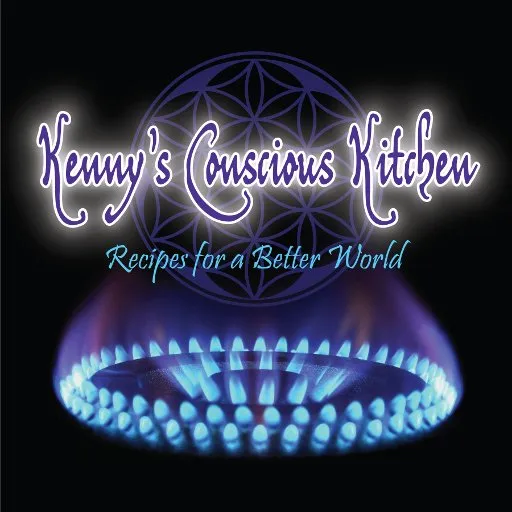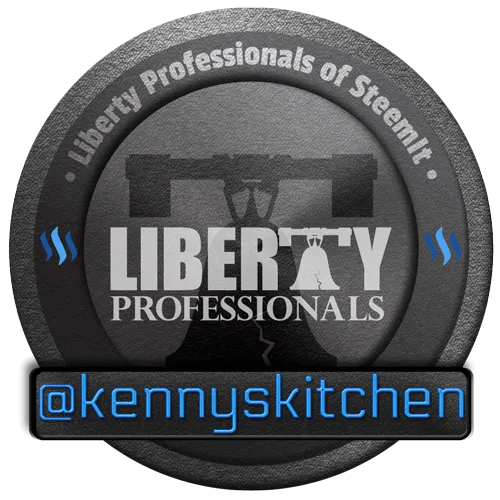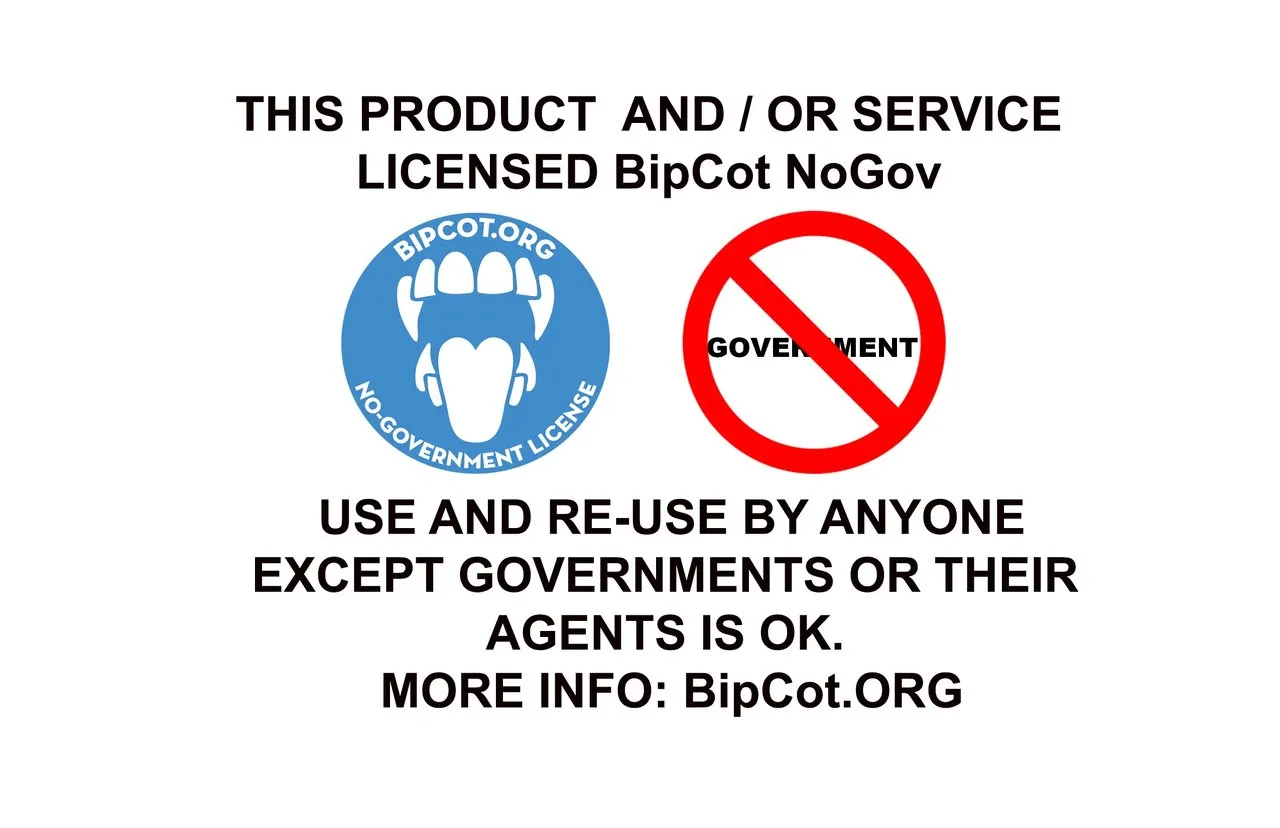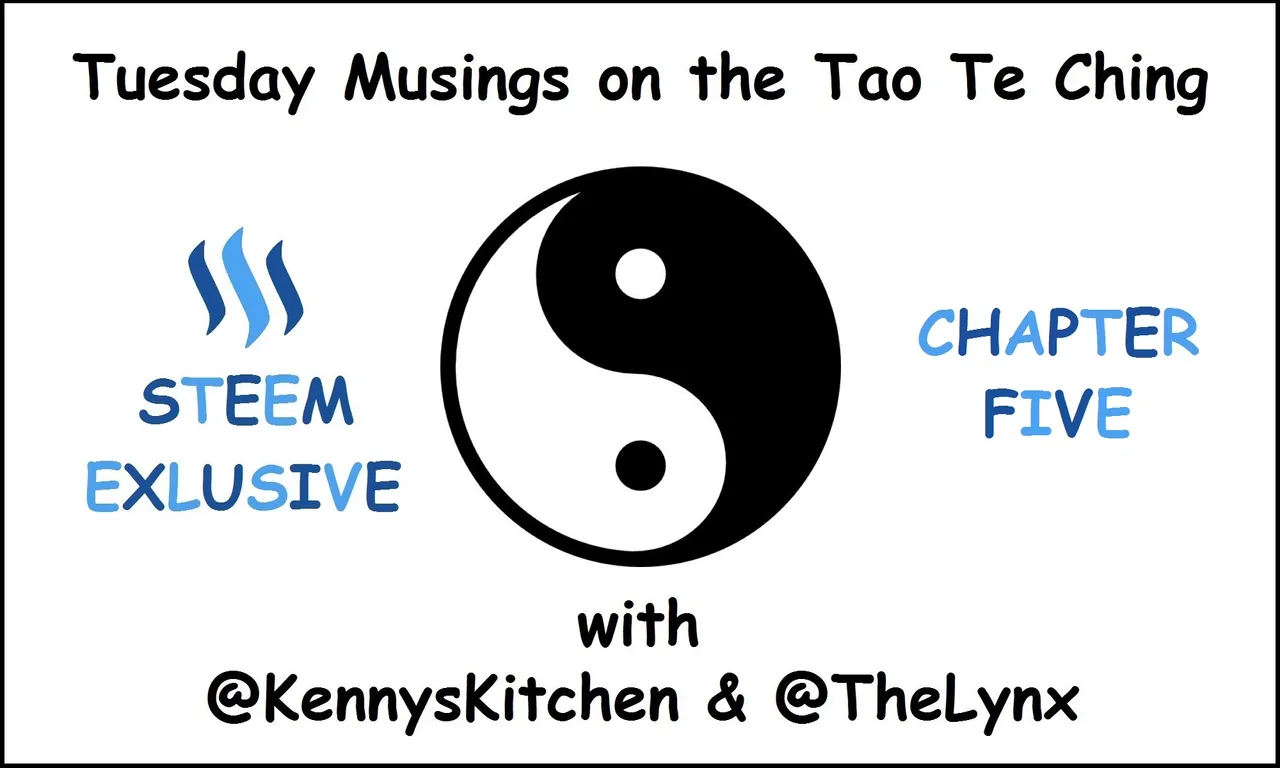
Welcome to the fifth installment of Tuesday Musings on the Tao Te Ching, a weekly series where my partner @TheLynx & I take a look at the Tao Te Ching (pronounced "Dao/Dow De/Day Jing"), one chapter at a time.
The Tao Te Ching was written by Laozi/Lao Tzu at least 2400 years ago. Although there are certainly a wide variety of texts and teachers that have come together to form the basis of modern Taoism, the original Tao Te Ching is central. It's been translated hundreds of times, and it is certainly one of the most influential spiritual texts of modern humanity.
To be perfectly clear, neither of us is an "expert" on the Tao, or even consider ourselves Taoist, and we are not trying to come across as any sort of authority figures. Just two humans meditating on the text and sharing what comes up for us, hopefully starting a conversation with you folks!
The most difficult part of setting this up is picking which translation of the Tao Te Ching to use, since obviously it wasn't written in English, and we can't read classical (or any other version) of Chinese. We've finally settled on using just 9 different translations for each chapter. 7 of them (and the original Chinese) will be included as a screenshot (from 2 sites that each offer a variety), while the other two will be included as quotes in the text body of the posts.
- YellowBridge - Original Chinese & 3 translations:
- TranslationComparison - 4 translations:
- DC Lau (1964)
- Ursula K. Le Guin (1997)
Previous Chapters
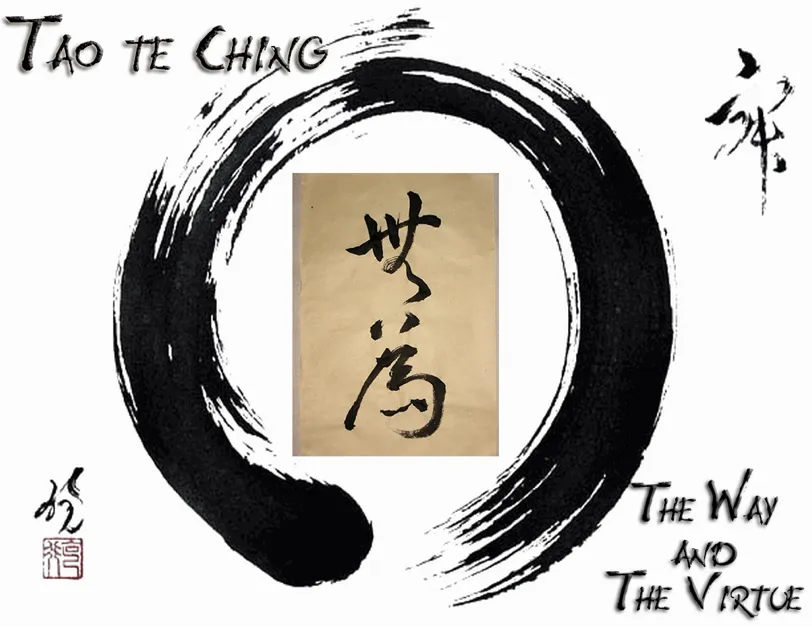
Chapter 5
Heaven and earth are ruthless, and treat the myriad creatures as straw dogs;
the sage is ruthless, and treats the people as straw dogs.Is not the space between heaven and earth like a bellows?
It is empty without being exhausted:
The more it works the more comes out.Much speech leads inevitably to silence.
Better to hold fast to the void.
Heaven and earth aren’t humane.
To them the ten thousand things
are straw dogs.Wise souls aren’t humane.
To them the hundred families
are straw dogs.Heaven and earth
act as a bellows:Empty yet structured,
it moves, inexhaustibly giving.


My Thoughts/Reflections/Insights
The first section seems in every translation to be pointing at the idea that to Heaven & Hell, and to the sages (the wise ones) everything and everyone is temporary, transitive, and generally neutral. Good & evil are not the question from the universal view, those are simply human concepts. The question I feel is, since humans do certainly experience good and evil, even if only because we have created them, are they not real? (at least to the extent that we experience them)
The second section brings back the ideas from chapter four, of the Tao, the Universe being supreme emptiness/nothingness that contains all that has/does/will exist. A bellows is a great example of something that is effectively emptiness, yet can be used to create so much. The last couple lines of this section seem to focus on the idea of using the Tao... which I am currently reading as basically trusting the universe, working through alignment rather than through physical doing. Finally, it's somewhat funny to see a line that basically says the more we talk about the Tao, the less we can understand it... in a book that is talking about the Tao on every page :-P
Thoughts/Reflections/Insights from @TheLynx
The first of three sections in this chapter point to the indifference -- some translations say ruthlessness -- of the natural world. "Straw dogs", according to Stenudd, were offerings used in religious rituals which were discarded afterward. Le Guin speaks of kindness and cruelty as human attributes, not found in the rest of the natural world. In the same way, considering each individual life as precious is a human tendency, one which deeply informs many of our personal and political decisions.
One doesn't need to treat each life as precious, worth saving and preserving at all costs, in order to appreciate and honor the richness and wonderfulness, the value of creation. When we weed a garden, we don't wring our hands over the weeds we pull, or the bugs or worms we might inadvertently harm or whose homes we destroy. Our focus is on the big picture, the system as a whole, and we work toward the cultivation of a harmonious existence which is larger and grander than any of its individual components.
Is our awareness of suffering and our desire to limit it helpful, or does it prevent us at times from seeing the big picture? Is it wise or useful to align ourselves with the rest of the natural world, sacrificing the few for the health of the whole, or does our capacity for preciousness give us ethical power? This chapter seems to suggest ("Wise souls...") the former. The tension between collectivist cultures and individualistic Western cultures come to mind here.
Says Le Guin, "You can only be kind or cruel if you have, and cherish, a self. You can’t even be indifferent if you aren’t different." When we cherish our own egos and project that ego-cherishing value onto others, preserving and protecting our perceived individualized selves, we neglect to see that it is not the preservation of our egos that will ultimately bring peace and harmony. By privileging a myopic view, we lose sight of our interconnectedness and of what it means to have true health, the health of the whole.
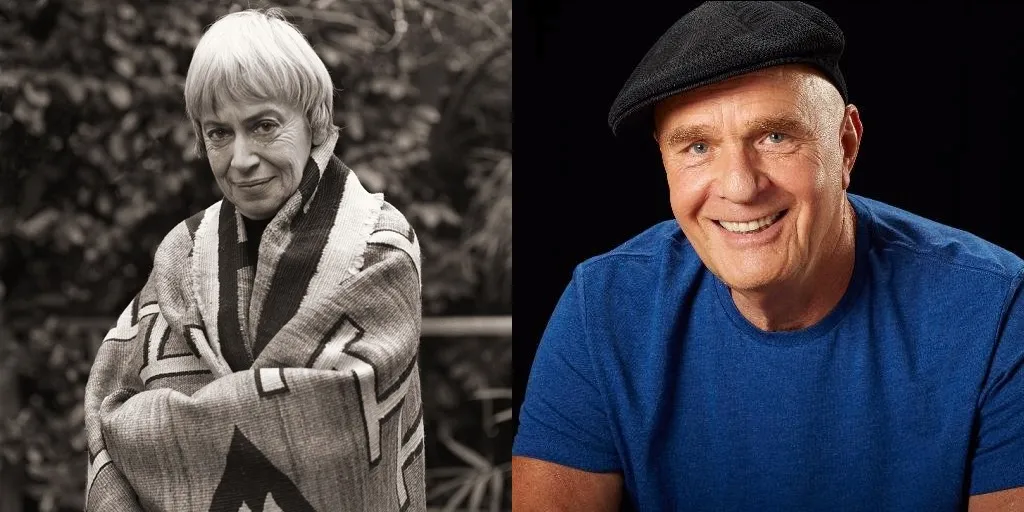
Thoughts/Reflections/Insights from Ursula K. Le Guin
After @TheLynx & I each sit with the chapter of the week and write our own reflections & insights, I'm going to include here the comments that Ursula added to her translation of the Tao. If you aren't familiar with Le Guin, I highly recommend reading any & all of her content that you can find :-) She's a wise, inspirational, curious, and delightful author of science fiction, fantasy, poetry, and much more!
The “inhumanity” of the wise soul doesn’t mean cruelty. Cruelty is a human characteristic. Heaven and earth—that is, “Nature” and its Way—are not humane, because they are not human. They are not kind; they are not cruel: those are human attributes. You can only be kind or cruel if you have, and cherish, a self. You can’t even be indifferent if you aren’t different. Altruism is the other side of egoism. Followers of the Way, like the forces of nature, act selflessly.
Affirmation by Dr. Wayne Dyer
The final piece of our piece on each chapter of the Tao is an affirmation, written by Dr. Wayne Dyer, and featured in his book: Living the Wisdom of the Tao. Dyer was one of the foremost names in self-development, having published well over 30 books, as well as guided meditations, and many more useful tools for transformation.
I work at
eliminating all
of my judgments
of others.

Join the conversation!
Here's the part where we hear from you! If you have anything that you want to add to the conversation, please hop down to the comments section. By reflecting & synthesizing together, we can all help move forward human consciousness, and that is a pretty fun thing!
Image Sources
YellowBridge Translations
TTC Translations
Le Guin
Dyer
Conversation

If you enjoyed this, you may enjoy some of these highlights of my blog:
